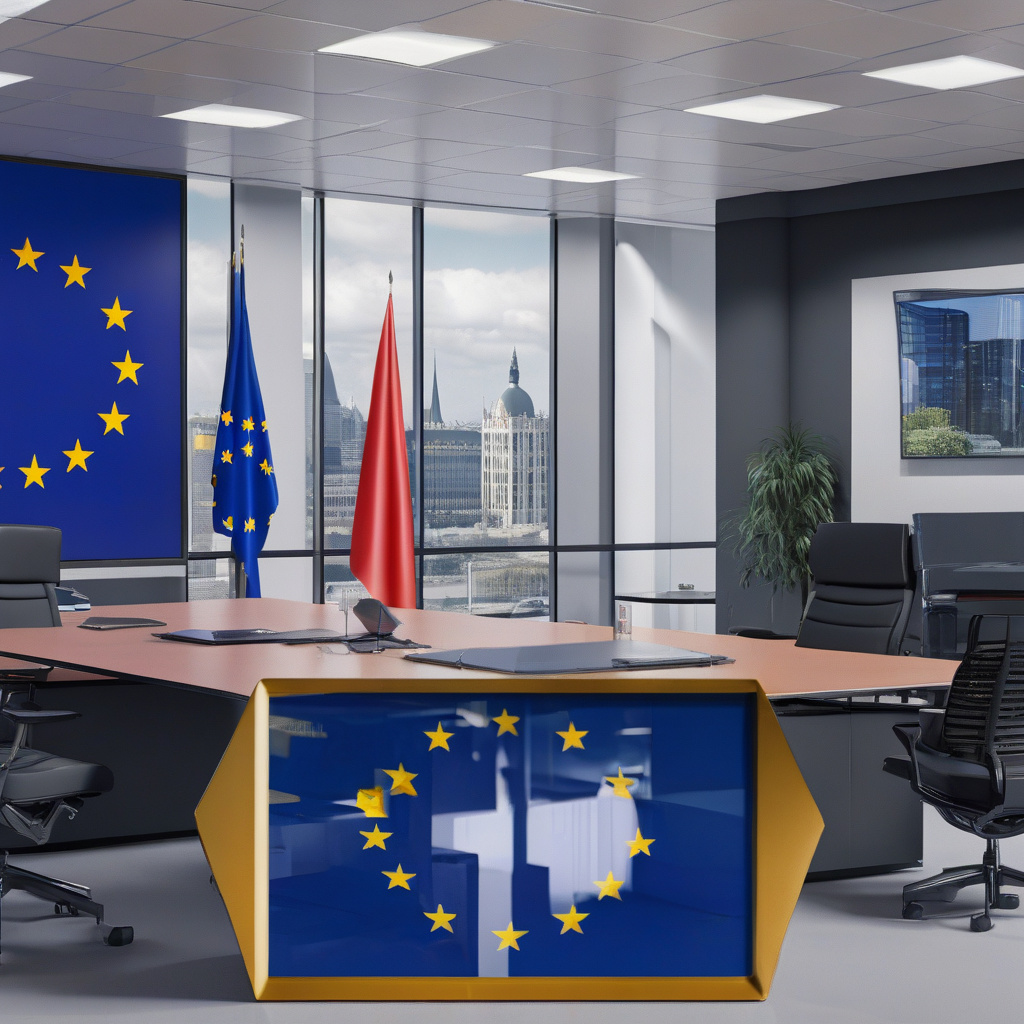EU Enforces Tougher Cybersecurity Rules Under NIS2
In a bold move to enhance cybersecurity measures across Europe, the European Union has rolled out the NIS2 directive, placing a heavier emphasis on the protection of critical infrastructure and digital services. One of the key provisions of NIS2 is the direct accountability of senior executives, who now face the legal duty of ensuring robust cybersecurity within their organizations.
By holding senior executives accountable, NIS2 aims to drive a cultural shift towards prioritizing cybersecurity at the highest levels of decision-making. This shift is crucial in today’s digital landscape, where cyber threats are becoming increasingly sophisticated and pervasive. Under the new directive, senior executives are tasked with not only overseeing cybersecurity strategies but also actively participating in the implementation of protective measures.
The enforcement of direct accountability under NIS2 sends a clear message that cybersecurity is no longer just an IT issue but a strategic business imperative. Organizations that fail to comply with the directive not only risk financial penalties but also reputational damage in the event of a cyber incident. This places cybersecurity at the forefront of boardroom discussions, prompting organizations to invest in robust security measures and incident response mechanisms.
In practical terms, senior executives must now ensure that their organizations have in place effective cybersecurity policies, risk management procedures, and incident response plans. Regular cybersecurity assessments and audits are also essential to identify and address vulnerabilities proactively. By taking a proactive approach to cybersecurity, organizations can better protect themselves against cyber threats and minimize the potential impact of attacks.
The NIS2 directive also emphasizes the importance of collaboration and information sharing among EU member states. By fostering cooperation on cybersecurity matters, the EU aims to create a more resilient and secure digital environment for all member states. This collaborative approach not only enhances the collective defense against cyber threats but also facilitates the sharing of best practices and expertise in cybersecurity.
Furthermore, NIS2 underscores the need for continuous monitoring and adaptation to the evolving cyber threat landscape. Cyber threats are constantly changing, and organizations must remain vigilant and agile in response to new and emerging risks. By staying informed about the latest cybersecurity trends and technologies, organizations can better prepare themselves to defend against cyber attacks and mitigate potential vulnerabilities.
In conclusion, the enforcement of tougher cybersecurity rules under NIS2 marks a significant step towards enhancing digital resilience and security across Europe. By holding senior executives directly accountable for cybersecurity, the directive underscores the strategic importance of cyber defense in today’s interconnected world. Organizations that embrace the principles of NIS2 and prioritize cybersecurity as a legal duty will not only comply with regulatory requirements but also strengthen their overall cyber resilience in the face of ever-evolving threats.
cybersecurity, NIS2, EU, senior executives, digital resilience











